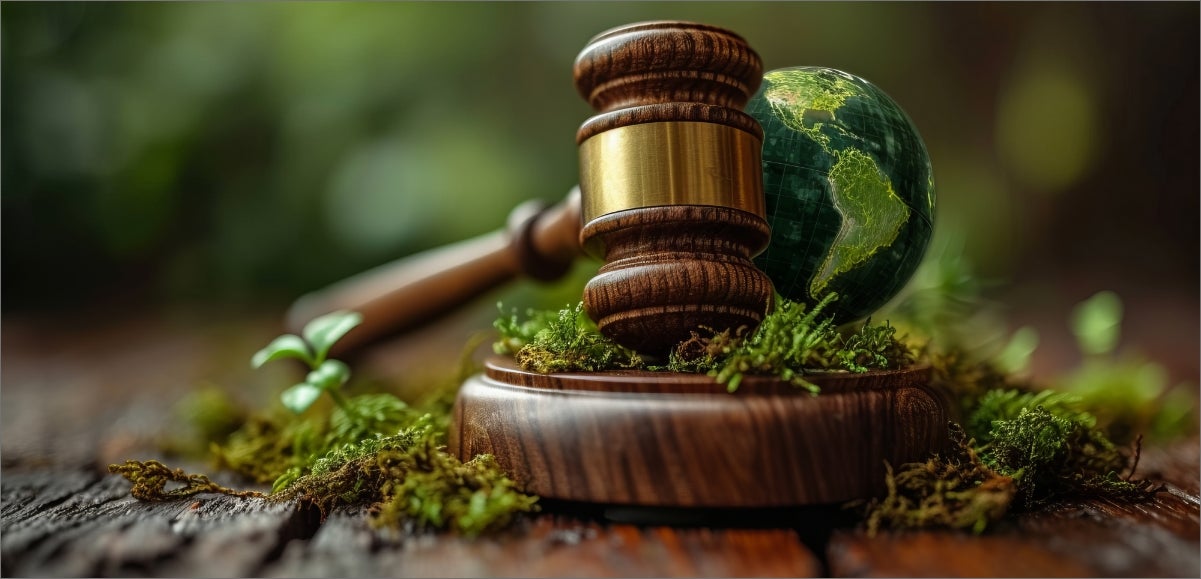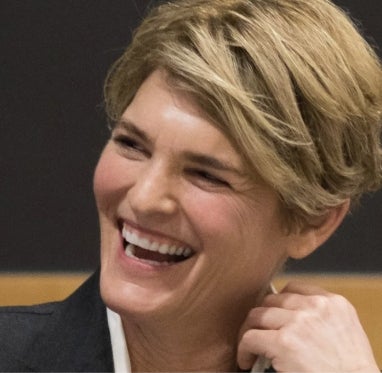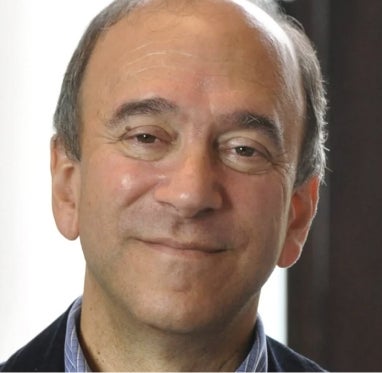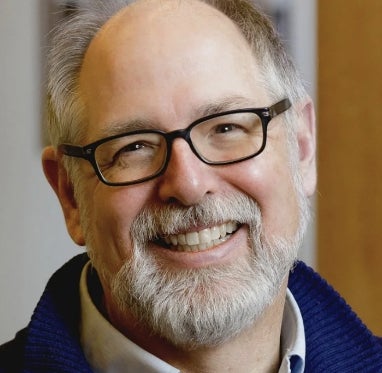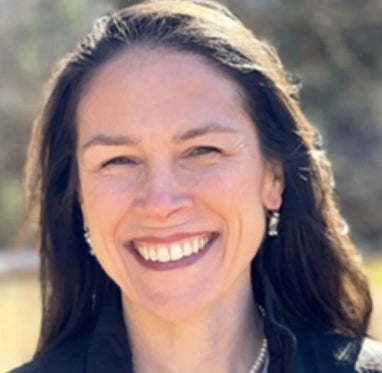To achieve quicker and broader progress on issues like clean air and water and the transition to carbon-free energy, current environmental regulations and policies will need a 21st-century update—and expert legal scholars to do that work. The Environmental and Energy Law Program (EELP) and the Emmett Environmental Law and Policy Clinic at Harvard Law School (HLS) are home to a powerhouse roster of lawyers, legal practitioners, and dedicated students who are doing just that—tackling the most serious environmental challenges by engaging with government, nongovernmental organizations (NGOs), and private companies to identify durable policy strategies to secure a sustainable future.
Now, a gift from Dan Emmett JD ’64 and the Emmett Foundation will bolster the work of both the EELP and the Emmett Clinic through the creation of the Emmett Environmental Law Center, supporting student education, including more opportunities for fieldwork, the addition of new faculty and staff attorneys, on-campus convenings, and much more.
Working synergistically with the Emmett Clinic, the EELP tracks and analyzes policy developments and legal actions, educates stakeholders on the implications of these actions, and informs the public by serving as an expert resource for media. The Emmett Clinic provides students with the opportunity to practice real-life, real-time environmental law on local, national, and international projects that cover the spectrum of environmental issues—from litigating against rollbacks of environmental protections, to promoting equity in offshore wind procurement.
“I am thrilled that this new center will advance the important work happening at Harvard in environmental law, including in teaching, research, and support for critical environmental rules and regulations,” says Emmett, a longtime environmental advocate who helped launch the Emmett Environmental Law and Policy Clinic with a previous gift to HLS in 2008. “I am excited for the opportunities this will provide to students and future leaders in law, government, business, and more. And I am certain the center will have a positive impact on the law and on our environment for generations to come.”
It’s a “game changer,” says Jody Freeman LLM ’91, SJD ’95, Archibald Cox Professor of Law and founding director of the EELP, who was also instrumental in establishing the clinic. “Dan’s gift is critical to creating a legacy program here at Harvard Law School that will, in perpetuity, support our supremely talented team of staff attorneys, fellows, and other experts who deliver such huge benefits to our students and make such a significant difference in the world.”
Practice Makes Perfect
Among many initiatives, the Emmett Environmental Law Center will establish the country’s first environmental moot court institute, which will enable attorneys to practice (moot) their arguments in front of Harvard’s world-class environmental law experts. Effective oral advocacy in the courts—especially in the courts of appeals—is critical to achieving success in litigation, but many NGOs lack appellate advocacy experience. This will be the only moot court focused exclusively on environmental law, particularly litigation at the federal district court and appellate court levels.
The moot court will also provide students with opportunities to help prepare for, observe, and offer feedback to attorneys as they moot their arguments—giving students the chance to learn more about complex environmental cases and litigation strategy while building connections with a broad network of legal practitioners.
Additionally, Emmett’s gift will create a dedicated fund for student fieldwork—such as trips to attend Supreme Court oral arguments or site visits to the regional offices of the Environmental Protection Agency or Department of the Interior—and support important convenings of stakeholders to work on the most challenging climate, energy, and environmental problems. It will also facilitate deeper connections between the Emmett Environmental Law Center and other Harvard Schools and institutions, including Harvard Business School, Harvard Kennedy School, Harvard T.H. Chan School of Public Health, and the Salata Institute for Climate and Sustainability.
“We could not be more grateful to Dan Emmett for his generous gift and his longtime support for the study, teaching, and practice of environmental law at Harvard Law School,” says John C. P. Goldberg, interim dean of HLS and Carter Professor of General Jurisprudence. “Dan’s commitment to making it possible for students, professors, and practitioners to thrive here and in their work in the field is a tribute to both his character and his dedication to our community.”

